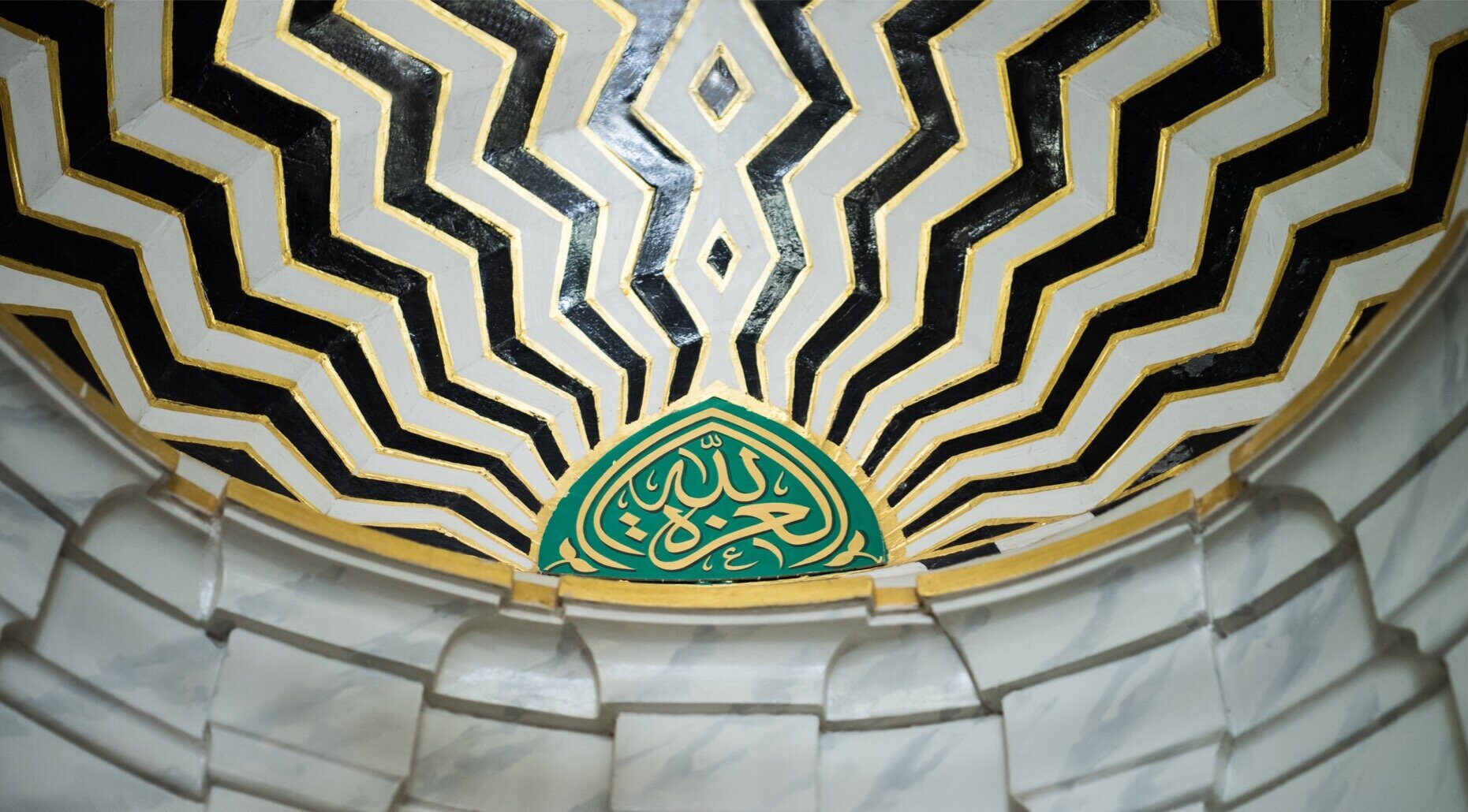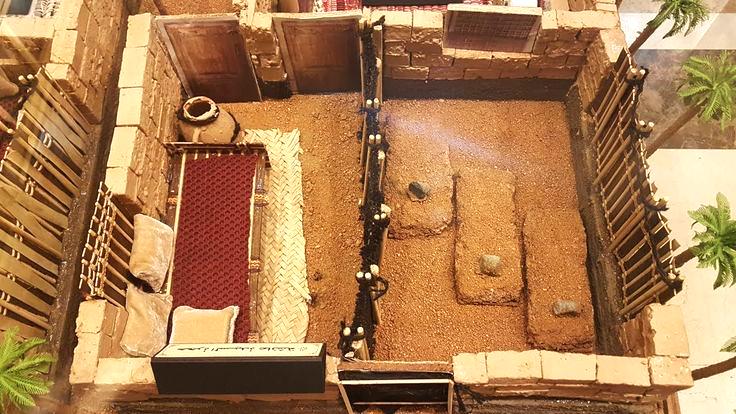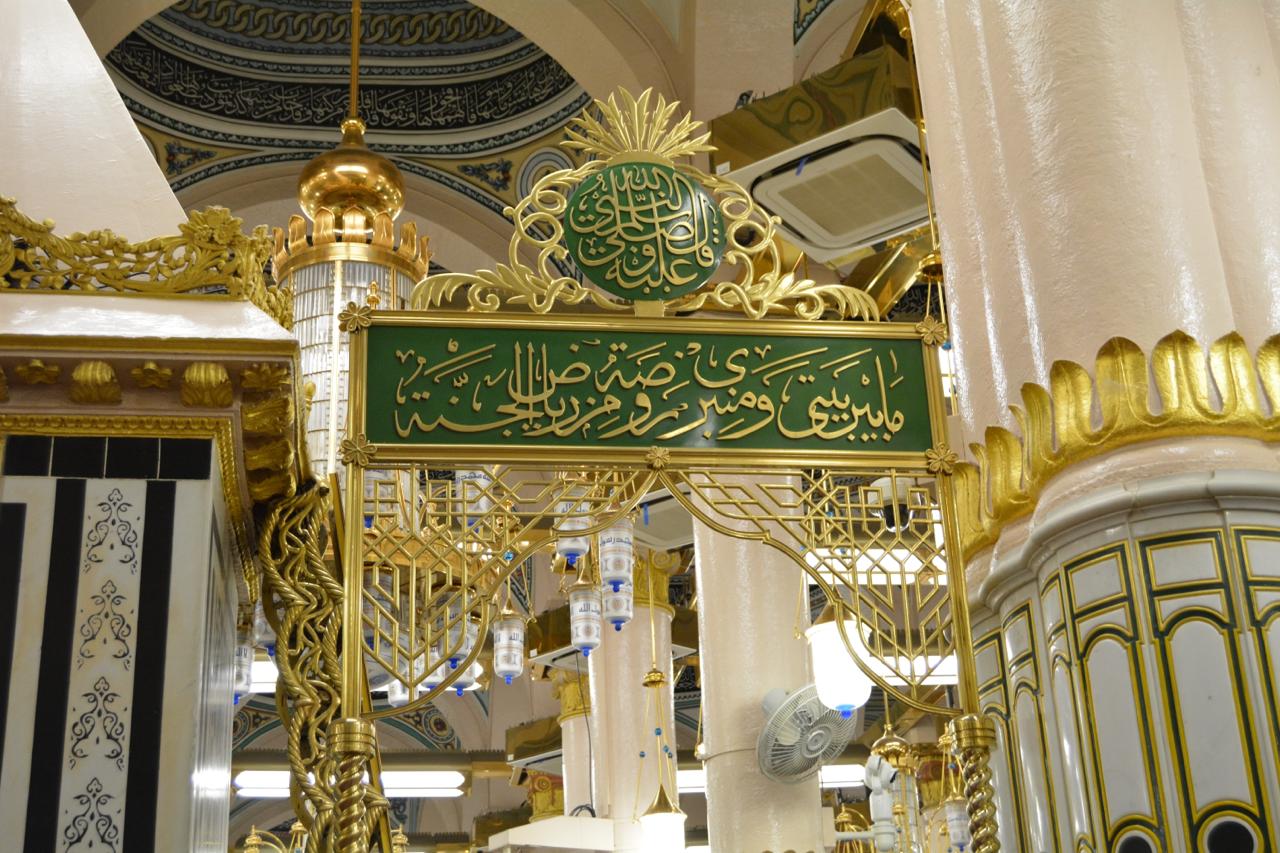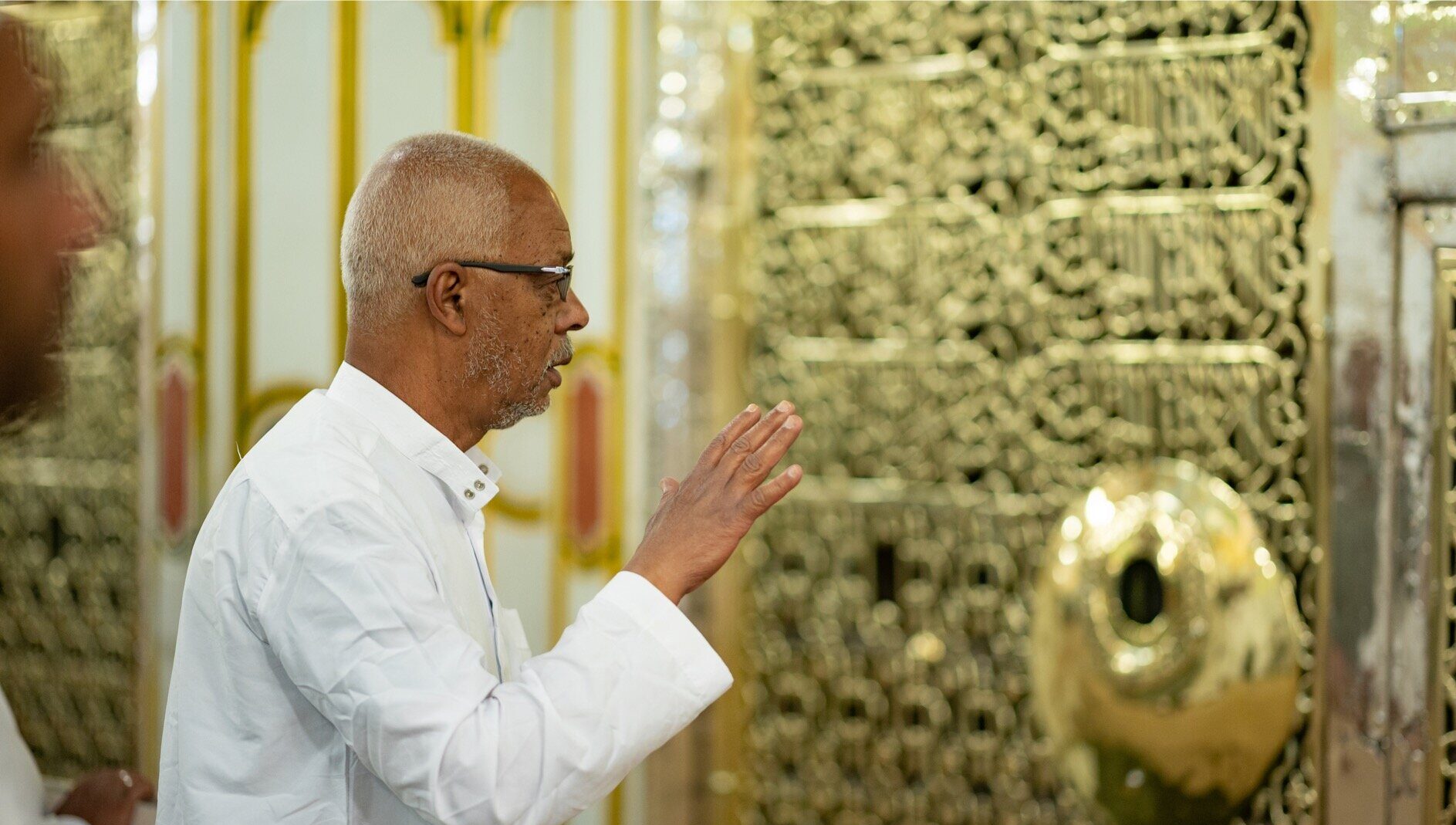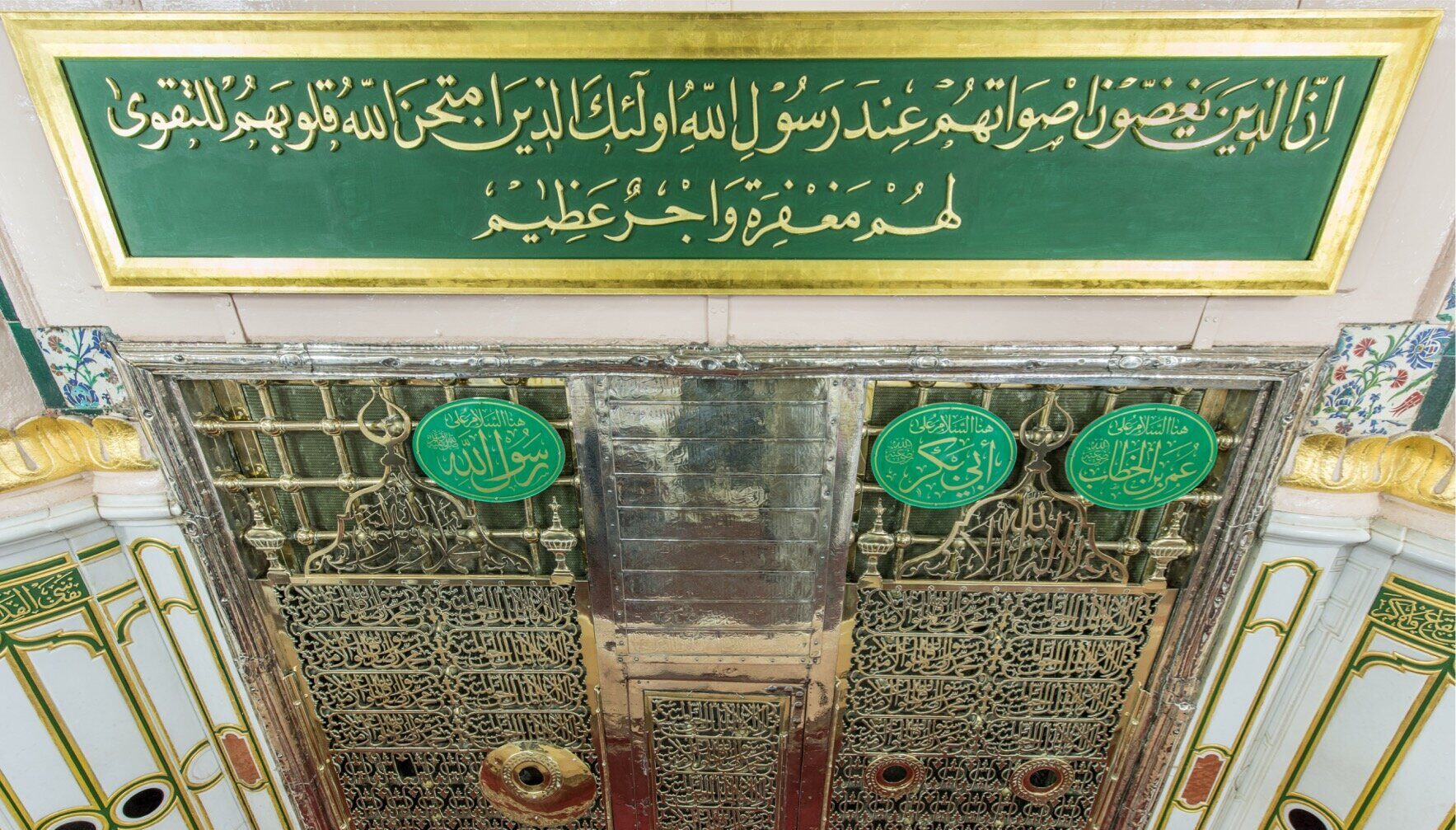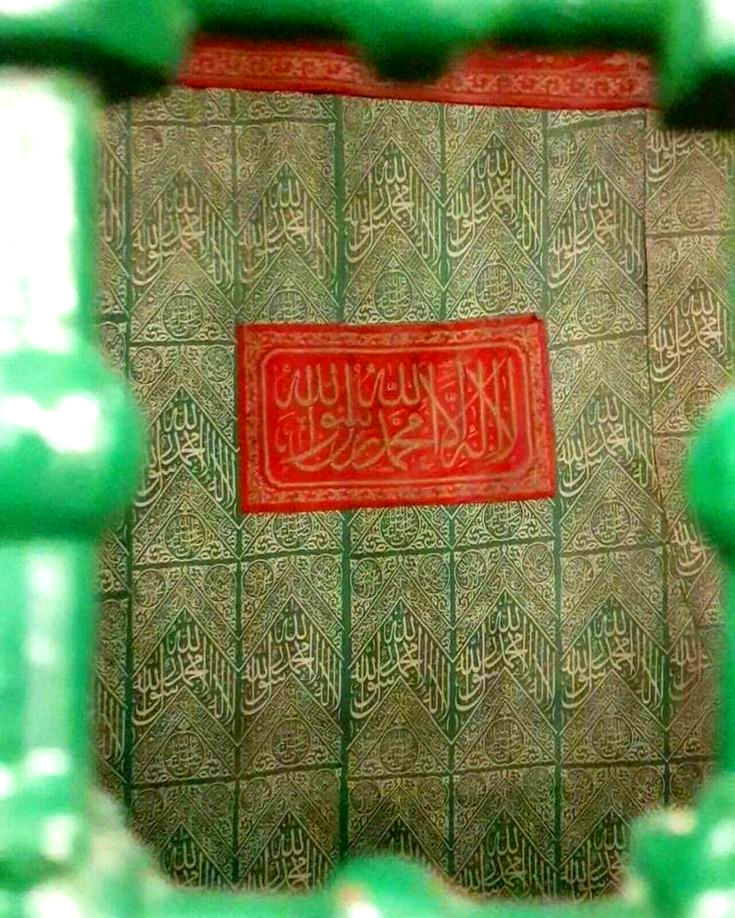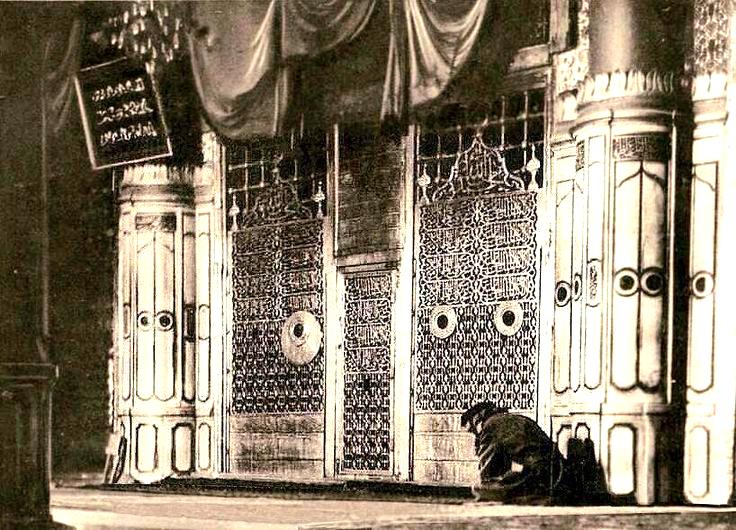Do Muslims Worship Muhammad?
In Islam, the distinction between Allah, the Creator, and Prophet Muhammad (PBUH), the Messenger, is paramount. Muslims adhere to strict monotheism, worshiping only Allah, the One who is eternal and transcendent. Prophet Muhammad (PBUH) is deeply revered for his moral excellence and his role as the final messenger, but he is not divine. Understanding this is crucial to comprehending Islamic theology.
Who is Allah and Who is Muhammad?
In Islam, Allah is the only true deity—eternal, unique, and beyond human comparison. Allah is the Creator of everything, and it is to Him alone that Muslims direct their worship and devotion. Prophet Muhammad (PBUH) is honored as the messenger chosen by Allah to deliver His message to humanity, but he is a human being, not a divine figure.
Muslims do not see Muhammad as divine in any way. While Christians regard Jesus as the Son of God, Muslims view Prophet Muhammad (PBUH) purely as a servant and a messenger, who exemplified the perfect way to live in submission to Allah. The Quran, Islam's holy book, repeatedly stresses that Allah alone is worthy of worship and that no one, including Muhammad, shares in His divinity.
Five Key Aspects of Prophet Muhammad’s Humanity
- Birth and Death: Like all humans, Prophet Muhammad was born and died. The Quran teaches that Allah is eternal, saying: “And rely upon the Ever-Living who does not die” (Quran 25:58). His death was a reminder that only Allah is eternal and free from death.
- Purification, Not Holiness: The Prophet’s role was not to embody divine perfection but to guide humanity towards righteousness through his example. Allah alone is perfect, and the Prophet’s life was an example of how to live in obedience to Allah.
- Human Fear: When the Angel Gabriel first revealed the Quran to Prophet Muhammad, he was afraid and confused. Seeking comfort from his wife, he expressed his fear, showing that he, too, was a human being. His fear highlights his humanity and confirms that he was not a divine figure.
- Teaching Monotheism: The Prophet emphasized that no one should elevate him beyond his human status. He said: “Do not exaggerate in praising me as the Christians praised the son of Mary, for I am only a servant. So call me the servant of Allah and His messenger” (Sahih al-Bukhari, Volume 4, Book 55, Hadith 654). This teaches Muslims to avoid any form of deification of the Prophet.
- The Call to Prayer (Adhan): The Adhan, or call to prayer, is recited five times a day. It includes declarations such as “Allah is the Greatest” and “There is no god but Allah”, reinforcing the oneness of Allah and the centrality of worshipping Him alone.
Visiting the Prophet’s Mosque: A Spiritual Journey, Not Worship of the Prophet
When visiting the Prophet’s Mosque in Madinah, it’s important to understand that the purpose is not to worship the Prophet but to honor the sacred space of worship. The Hadith states: “No journey should be undertaken to any mosque except three: Al-Masjid Al-Haram (the Sacred Mosque in Makkah), Al-Masjid An-Nabawi (the Prophet’s Mosque in Madinah), and Al-Masjid Al-Aqsa (in Jerusalem)” (Sahih al-Bukhari 1189, Sahih Muslim 1397). This emphasizes that the pilgrimage to these mosques is about honoring the place of worship, not the individual grave of the Prophet.




